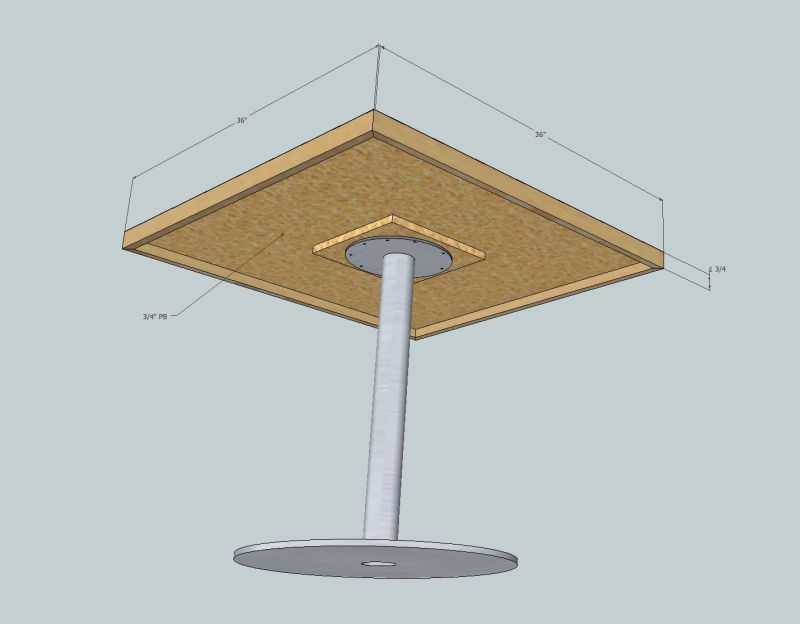Question
We recently installed island style countertops in a science lab. The counters had chemical resistant sinks that were recessed into the counter and epoxied in place. These four counters were installed late summer (New Mexico) and we were just informed about the cracks in the laminate. The cracks radiate out from the corners of the sinks.
We used Formica laminate (standard grade) and contact cement (Permagrip brand from a canister). Does anyone have any ideas as to why this happened? We've been in the cabinet/countertop business for about 25 years and thought we'd seen just about everything. I know that laminate does shrink and expand, but we've never seen it to this extent. The counters were quite large... about 58" x 132".
Forum Ressponses
(Laminate and Solid Surface Forum)
From contributor A:
Do the sink openings have sharp or rounded corners? If sharp, that is probably the problem.
I did forget to mention that the substrate is plywood with a backer sheet on the bottom.
Plywood does not move much. The laminate could be trying to move over a stable core. This may be true, especially if the glue line is in question. Is there adequate coverage to both surfaces that meet the manufacturer's specs? Was the open time exceeded or insufficient pressure applied to complete the bond? I won't even speculate if the epoxy used affected the laminate or contributed to the issues.
My recommendation would be to ask your Formica distributor to submit a top or representative sample to Formica. They should have a NEMA lab capable of testing the laminate for acceptability as well as the performance of the glue line.
Perhaps you could replace one as goodwill pending the outcome of appropriate testing. With so many variables in play, I wouldn't get my hopes too high that someone will bail you out. Research the NEMA specs for laminate and recommended bonding procedures. Visit www.nema.org and search under HPL.
I think this is a specifier problem and not a fabrication problem, unless it was your idea to do it this way. The last lab tops we did were full 1" thick Pionite. Many of the other p-lam manufacturers make a full thickness lab top also and the price is not that bad. Cut to size, put an edge on it and sand and polish. More $ to buy and less labor to fabricate. Trespa is another company that makes full thickness lab grade tops.
